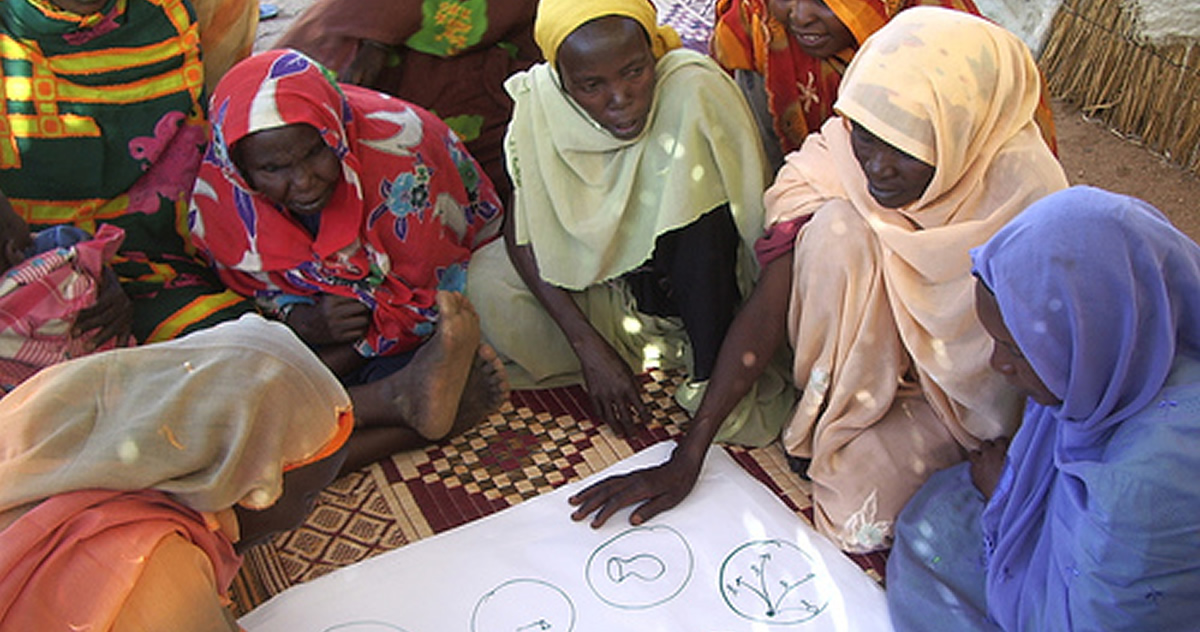 Quality in project management is defined as "the totality of characteristics of an entity that bear on its ability to satisfy stated or implied needs" (PMBoK). If the project deliverables (goods or services) are not able to meet the stated or implied needs of the beneficiaries, then the project did not meet its quality goal.
Quality in project management is defined as "the totality of characteristics of an entity that bear on its ability to satisfy stated or implied needs" (PMBoK). If the project deliverables (goods or services) are not able to meet the stated or implied needs of the beneficiaries, then the project did not meet its quality goal.
Project quality is ultimately defined by the beneficiary, and represents how close the project comes to meet the beneficiaries’ needs. The project manager’s goal is to understand the requirements and needs of the beneficiaries and then ensure the project will meet them.
The purpose of quality management is to first understand the needs of the beneficiaries in terms of quality and then put a quality plan to meet those needs. Because quality is defined by the beneficiary, there may be some subjectivity in its definition. But there are methods to make quality more objective. One of these methods requires listing the specific characteristics of quality that are important to the beneficiaries. Then determine the metrics that the project will collect to measure the quality characteristics.
From there the project manager will develop a quality management plan focused not only on product/service quality, but also the means to achieve it. Quality management is a process that includes quality planning, quality assurance and quality control to achieve more consistent quality.
Quality Planning. A quality plan includes a clear definition of the goals of the project. This includes assessing the assumptions and risks to success, setting quality standards, documenting processes, and defining the methods and tests to achieve, control, predict and verify success. These activities should be in the project plan and assigned to the team who will report and track quality metrics and document the criteria by which the project deliverables will be accepted by the beneficiaries
Quality Assurance. Quality assurance uses metrics to determine if the quality plan is proceeding as planned. With the use of qualitative and quantitative metrics, the project manager can measure project quality. The use of tests or quality audits helps predict and verify the achievement of goals and identify need for corrective actions.
Quality Control. Quality control is the review to ensure quality standards. This process includes identifying, analyzing, and correcting problems. Quality control monitors specific project outputs and identifies project risk factors.
It’s important that key stakeholders and beneficiaries are involved in this process, their participation in the quality management process ensures that the project will meet its quality goals.
Want to learn more? Enroll in the next session of our online course, Effective Project Management for Development Organizations and NGOs. Register now and obtain a 20% discount with the promo code 20EPM. Click on the link to find out more about this course. https://www.pm4dev.com/elearn/ecourses/eepm.html






